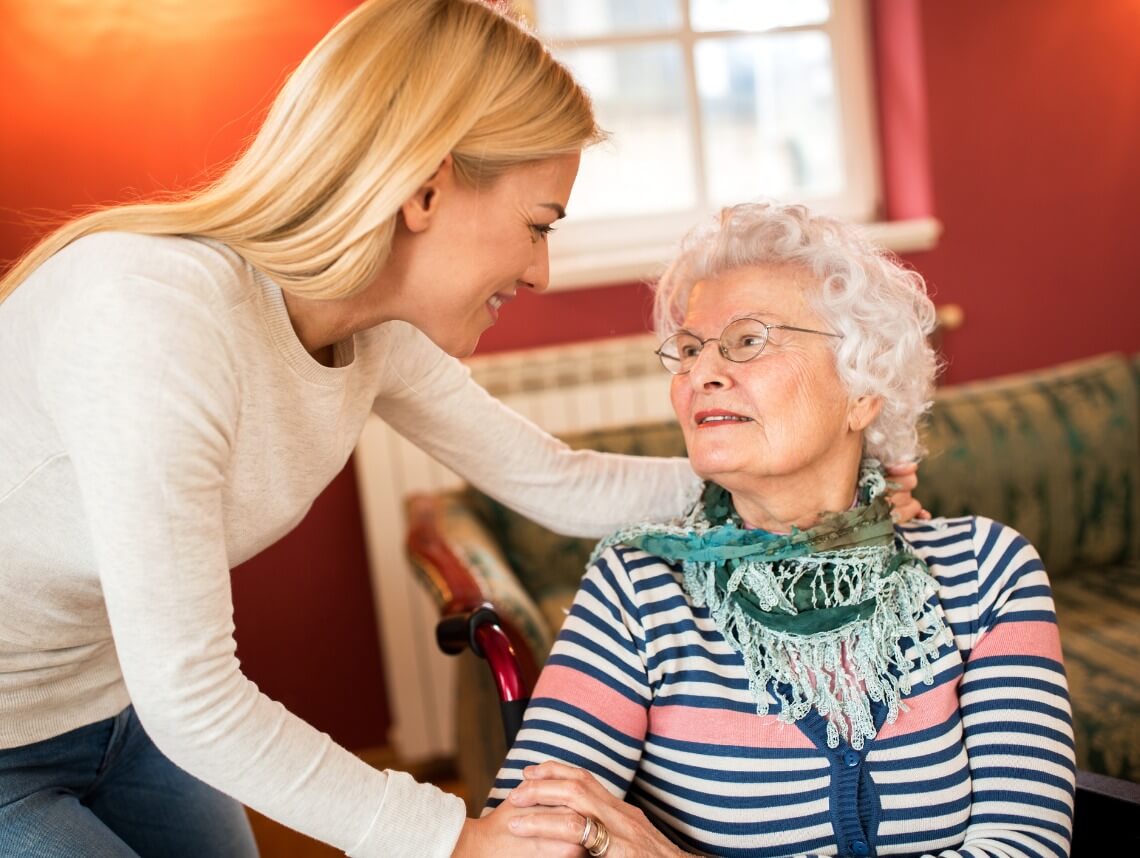
Being unable to care for ourselves is a natural part of aging, yet far too often, cases of self-neglect go unnoticed for that reason. Knowing when to get involved and where to go for help is not always clear for inexperienced family caregivers, but its importance is unyielding.
The Public Policy Institute of AARP reports that self-neglect represents nearly 40-50 percent of all cases reported to states’ Adult Protective Services. Self-neglect often occurs when aging adults become unwilling or unable to manage necessary self-care, including personal grooming, general maintenance in the home, financial management, social affairs, and other standards of living.
Signs of Self-Neglect in Seniors
Self-neglect isn’t always easy to point out, and many factors may contribute to each case, including mental health, dementia, depression, illness, medication issues, and poverty/isolation. Many of those who suffer from self-neglect typically display signs of:
- Malnourishment due to poor eating habits and inadequate nutrition at home
- Poor personal hygiene, including dirty clothing, hair, skin, nails, etc.
- Not receiving proper medical attention
- Isolation from friends, family and regular activities
- Noticeable changes in the home (repairs that need to be made, hoarding, expired food/drink in the kitchen, unusual smells, etc.)
- Self destructive behaviors (excessive alcohol or drug use)
Struggling to perform these self-care tasks make individuals vulnerable to other serious health hazards. To help protect elderly loved ones, be aware of signs of self-neglect and observe their behaviors. Stay in close contact with loved ones and voice your concerns to those around you.
Tip: Those who need help the most will likely be the first to refuse it. This puts caregivers in a tough situation. Be patient and encourage your loved one to accept help and offer support when necessary. However, if you feel that your loved one is in immediate danger, seek professional help. Resources such as Adult Protective Services are designed to help families in severe situations, while other agencies and home health care services are available to offer temporary or long-term assistance to families.
Contact Care Options for Kids for Home Health Care Services
If you are concerned with the health and safety of an elderly family member, Care Options for Kids can help. We offer a complimentary in-home visit from one of our representatives to help determine the best course of action for your loved one.
Contact us to request a consultation.
If you or an aging loved one are considering home health care services, contact the caring staff at Care Options for Kids. Call today (888) 592-5855.
